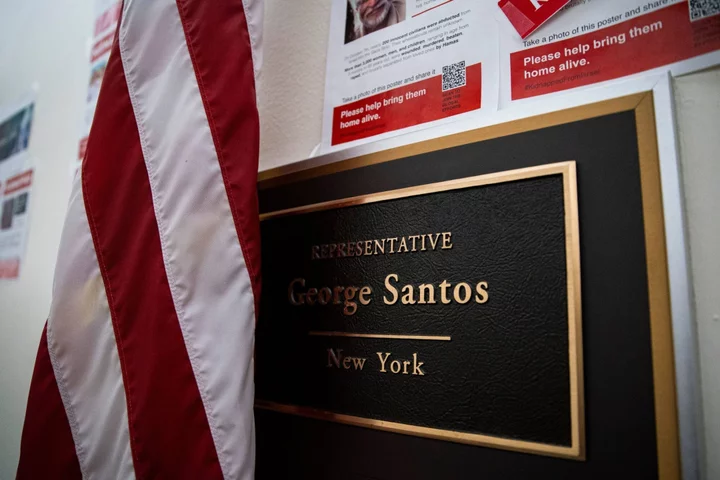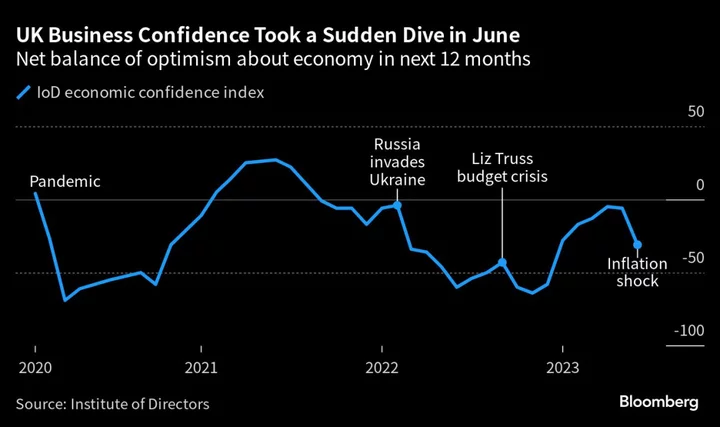The world’s biggest asset managers are consistently voting against proposals intended to protect biodiversity, as one of the fastest-growing corners of ESG falls flat at shareholder meetings, according to a report by environmental nonprofit Planet Tracker.
Fund managers overseeing sustainability and environmental, social and good governance strategies at firms including BlackRock Inc., Vanguard Group Inc. and State Street Global Advisors didn’t back biodiversity proposals somewhere between 80% and 100% of the time, Planet Tracker said in a report on Wednesday.
The finance industry has been under increasing pressure to pay more attention to biodiversity since a landmark agreement was struck at the COP15 summit in December. The Global Biodiversity Framework, signed by almost 200 nations, envisages a central role for banks, insurers and asset managers in reaching the stated goal of mobilizing at least $200 billion each year to protect the natural world.
In total, Planet Tracker said it analyzed 26,500 votes that were cast on biodiversity proposals. The review found that the resolutions received support of 38% from 2010 to the end of 2022.
“Of those investment managers recording a comment when voting in favor, we note that the gathering of more information on the potential impact of biodiversity-related issues was the top reason by far,” the nonprofit said.
BlackRock said in a March report that it considers biodiversity loss “a potential risk to the future financial performance of companies in certain sectors” because as an ESG parameter it’s a “critical component of ecosystem health, which is required to allow for sustainable use of natural capital inputs.” Corporate awareness around biodiversity is in the early stages, but “we expect this to change near-term given the considerable work being undertaken to build understanding of the ramifications to companies’ business models from biodiversity loss,” the asset manager said.
A spokesperson for BlackRock didn’t comment on the Planet Tracker report.
In a written comment to Bloomberg, State Street said it’s spent over a decade “defining and evolving” how it views ESG factors when assessing portfolio companies. “We stand strong in our conviction that fulfilling our fiduciary duty to clients is our most important responsibility and we remain focused on creating long-term shareholder value,” it said. The asset manager also noted that the market has yet to settle on a universally accepted definition of ESG.
As a result, “many third-party organizations and advocacy groups weigh in on the debate, each imparting their own unique views of what constitutes ESG and what does not,” State Street said.
A spokesperson for Vanguard declined to comment.
--With assistance from Saijel Kishan.









